What Are Yoruba Religious Practices?
The Yoruba religious practices are rich in history, tradition, and cultural significance. This FAQ seeks to explore the main aspects of these practices, shedding light on their unique elements and influence.
What is Yoruba Religion?
Yoruba religion, also known as Ifá, is an indigenous religion of the Yoruba people of Nigeria. It involves a system of faith and divination centered around deities and ancestors. The roots of Yoruba spirituality lie in the profound connection between the visible and invisible realms of existence, highlighting a harmonious coexistence between humans and supernatural entities.
Central to the Yoruba religious framework is the belief in a supreme deity, Olodumare, who is considered the creator of the universe. Olodumare is often invoked in prayers but is typically not worshiped directly by devotees. Instead, the Orishas, which number over 400, serve as intermediaries between humans and the supreme god. This practice is akin to the veneration of saints in other religious traditions, offering a more personalized approach to one’s spiritual needs.
The Yoruba religion has survived through centuries, resisting extinction despite various historical challenges, such as colonial expansion and the slave trade. The resilience of its followers and their deep-seated beliefs have enabled Ifá to remain a formidable source of spiritual guidance and cultural identity for the Yoruba people. Learn more about the core elements of Ifá and its traditions in our detailed write-up here.
Moreover, the Yoruba faith has expanded beyond Nigeria, influencing spiritual practices in the Americas and the Caribbean, mainly due to the transatlantic slave trade. Enslaved Yoruba people preserved their religion clandestinely, and over time, it blended with other religious traditions, giving rise to Santería, Candomblé, and Vodun. For a deeper understanding, explore the Yoruba Religion of Southwestern Nigeria.
Who Are the Yoruba Deities?
The Yoruba pantheon includes hundreds of deities, known as Orishas, each representing natural forces and human endeavors. Notable Orishas include Olodumare, the Supreme God, and Ogun, the god of iron and war. These deities play a vital role in the daily lives of Yoruba individuals, guiding them through challenges and celebrations. The Orishas embody complex characteristics, mirroring the duality of human nature through virtues and flaws.
A key figure in the Yoruba pantheon is Òrúnmìlà, or Orula, the deity of wisdom and divination, possessing the knowledge of the divine destiny of humans and the world. As recounted in the article Que es Ifa, Òrúnmìlà serves as a crucial spiritual guide, consulted for insights into the uncertainties of life.
The interactions between these deities and humans are deeply ritualistic, involving offerings, prayers, songs, and dances that vary greatly depending on the particular Orisha being venerated. This vibrant culture of worship fosters a sense of community and continuity among the Yoruba people, effectively knitting together the social fabric of their society.
The Orishas’ influence transcends mere symbolism, reflecting in the everyday lives of their followers. For instance, Ogun’s domain over iron signifies progress and industry, whereas Osun, the goddess of rivers and fertility, is often evoked for prosperity and love. Discover more about these deities in Yoruba History, Language & Religion.
What is the Role of Ancestor Worship?
Ancestor worship holds a prominent place in Yoruba religious practices, symbolizing a perpetual link between the past, present, and future generations. Yoruba people honor their ancestors through ritual offerings and prayers, seeking their guidance and protection as mediators between the living and the supernatural.
This practice is not merely about reverence but serves an essential function in the social cohesion of the community. It instills values of respect, responsibility, and remembrance, reinforcing familial legacies and cultural continuity. Through these rituals, Yoruba communities are reminded of their heritage and the unbroken chain that connects them to their ancestors and the divine realm.
These ceremonies are characterized by elaborate celebrations marked with music, dance, and the exchange of oral traditions. Such gatherings serve to sustain the cultural vibrance and historical awareness among the younger generations. They also foster a profound sense of belonging and identity as participants in an ongoing narrative passed down through centuries.
How is Divination Practiced?
Divination plays a pivotal role in Yoruba religion, allowing practitioners to communicate with spiritual entities and understand divine messages. The most prominent form of divination is the Ifá oracle, which provides insights into various aspects of life through intricate rituals and sacred verses.
Consulting an Ifá priest, or Babaláwo, involves the use of sacred palm nuts and a divination chain. These tools are utilized to interpret the Odu Ifá, a collection of poetic and mythological texts that encompass spiritual wisdom and guidance. This practice ensures harmony and alignment with spiritual forces, offering clarity and direction amidst life’s complexities.
The annual Letra del año 2022 ceremony, a significant divinatory event, forecasts the overarching themes and guidance for the coming year. Such rituals emphasize the interconnectedness of the physical and spiritual realms in shaping human experiences and destiny.
The divination process is intimate and profound, often revealing hidden truths and potential pathways that align with one’s destiny. This practice not only supports individual growth and decision-making but also reinforces collective cohesion by guiding communities in times of uncertainty and change.
What Are Yoruba Religious Festivals?
Yoruba religious festivals are vibrant celebrations of culture, spirituality, and community. These events are opportunities for renewal, gratitude, and the reinforcement of social bonds, often marked by music, dance, and elaborate ceremonies.
The Osun-Osogbo Festival, for instance, honors the river goddess Osun, blending religious rites with cultural festivities in a spectacular display. This annual event attracts numerous participants who engage in rituals designed to invoke the deity’s blessings and benevolence.
These festivals are not only religious observances but also serve as a means of cultural preservation and education. They pass down oral histories, traditional arts, and communal values to future generations, ensuring the survival of the Yoruba cultural heritage. Discover a range of texts on the subject at our specially curated selection of Libros EN ESPAÑOL.
Embracing the Mystical World of Yoruba Religion
Yoruba religious practices encompass a deep and enduring belief system grounded in spirituality, community, and tradition. They play a vital role in shaping the identity and cultural heritage of the Yoruba people.





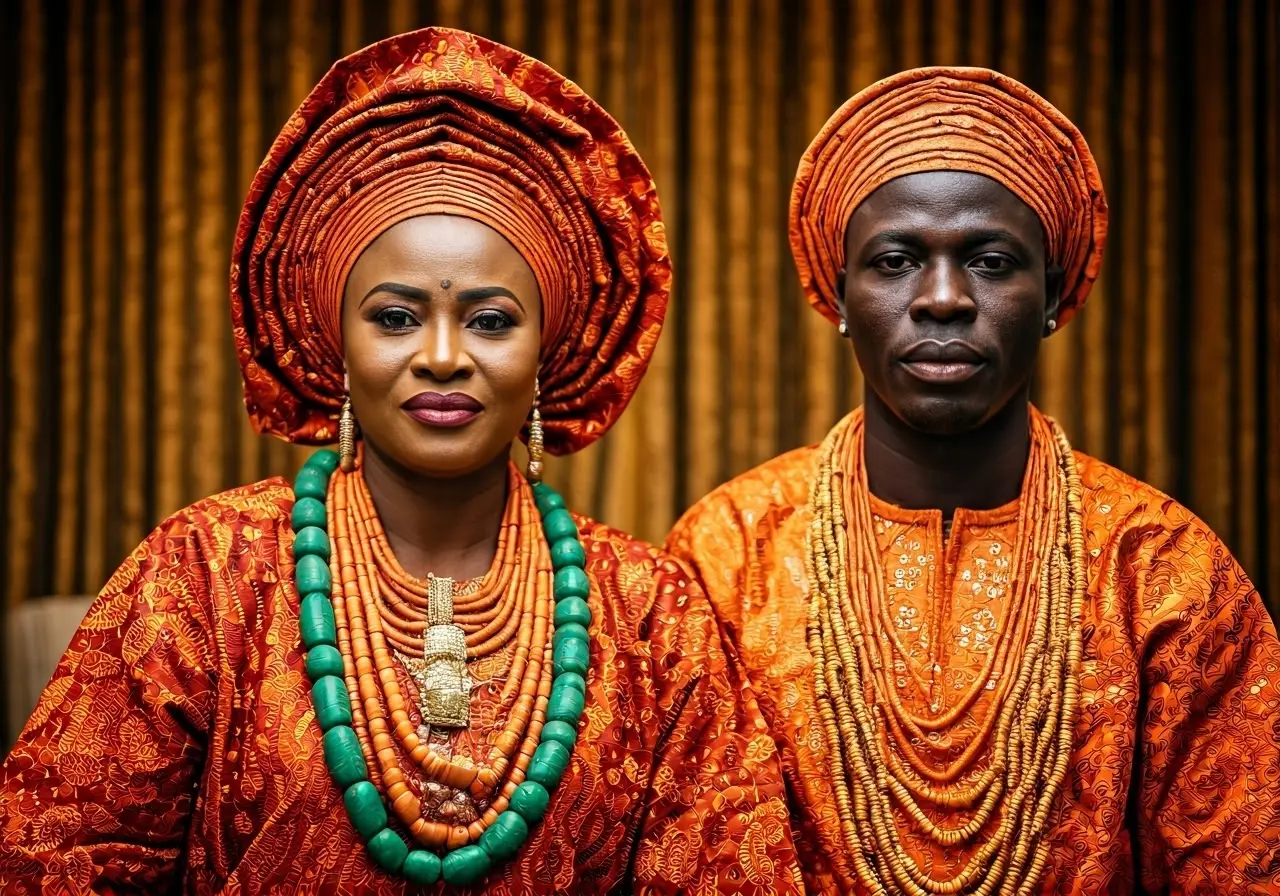
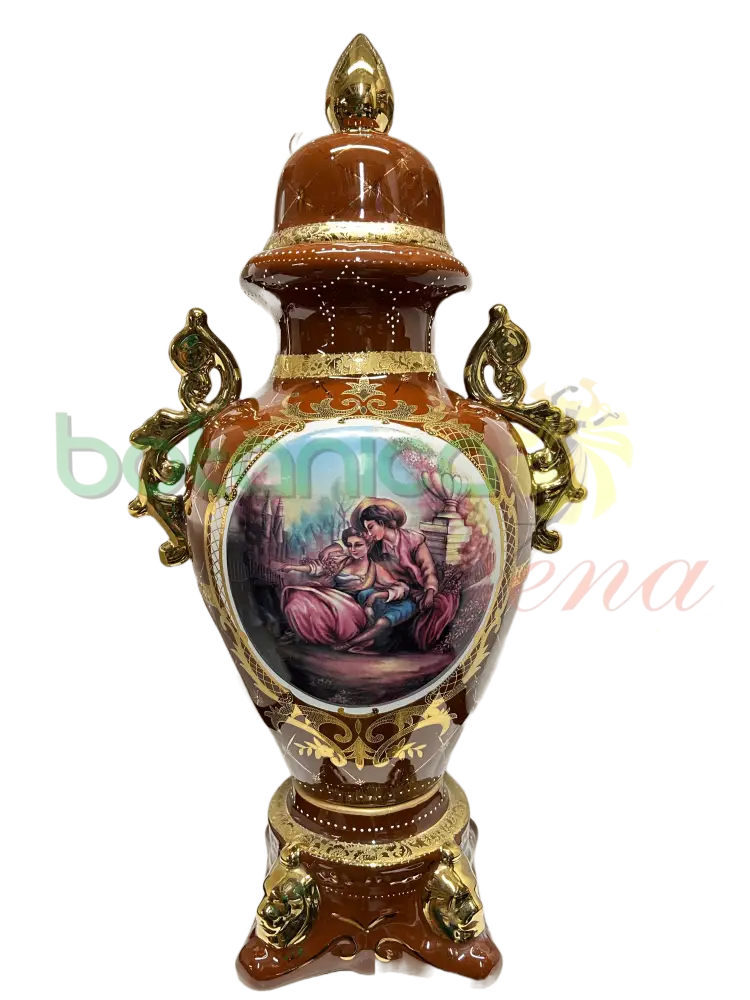

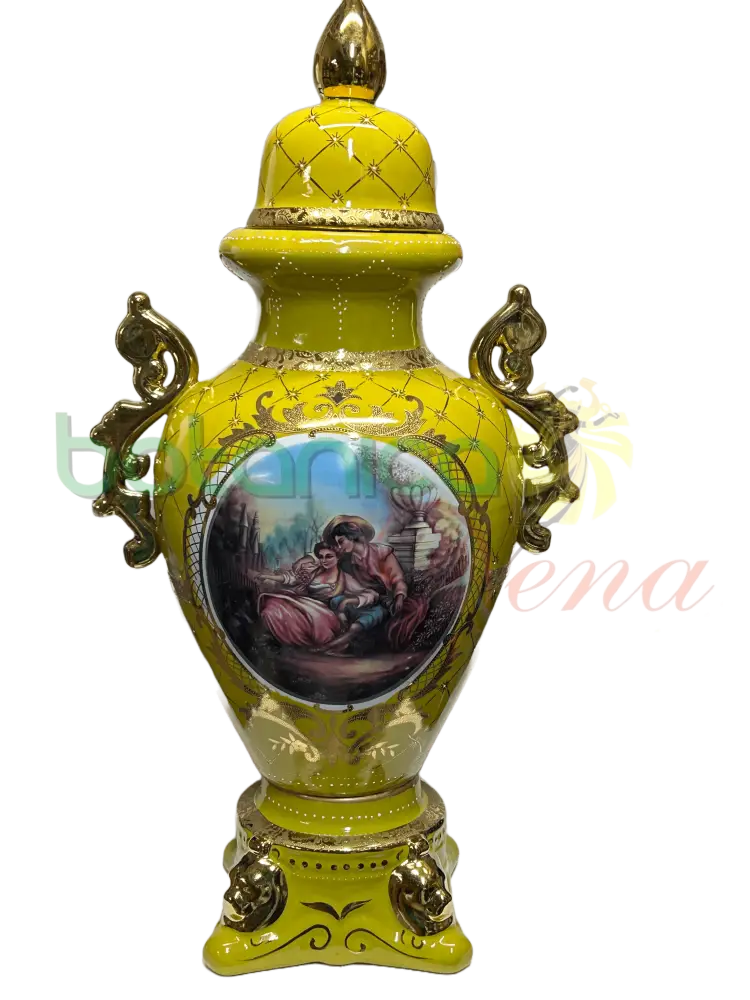
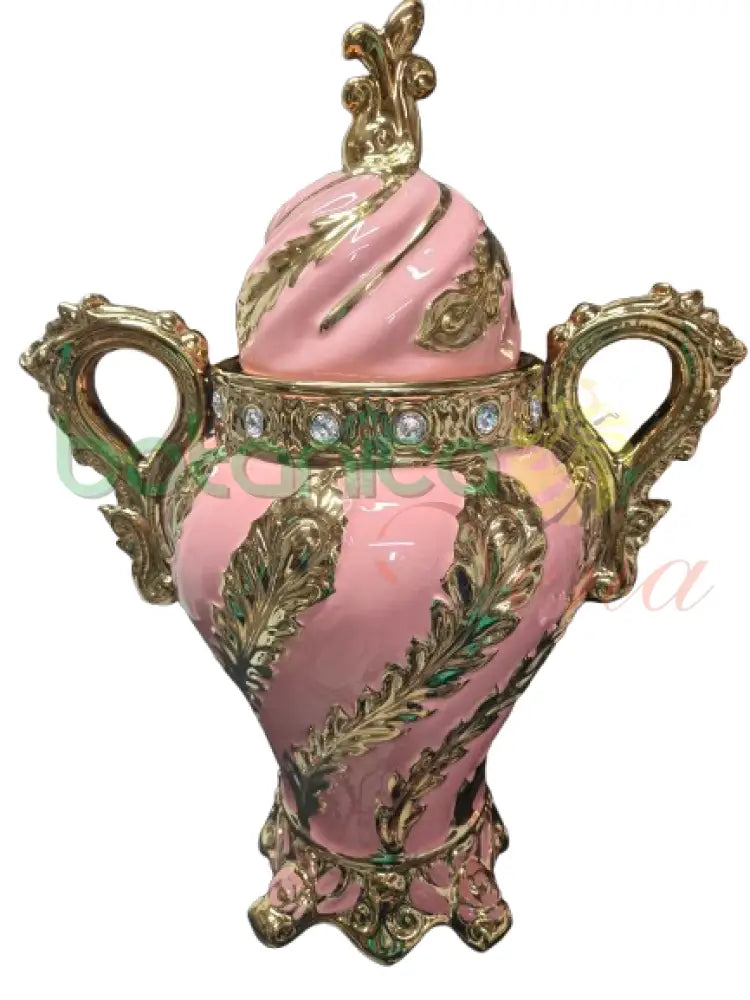
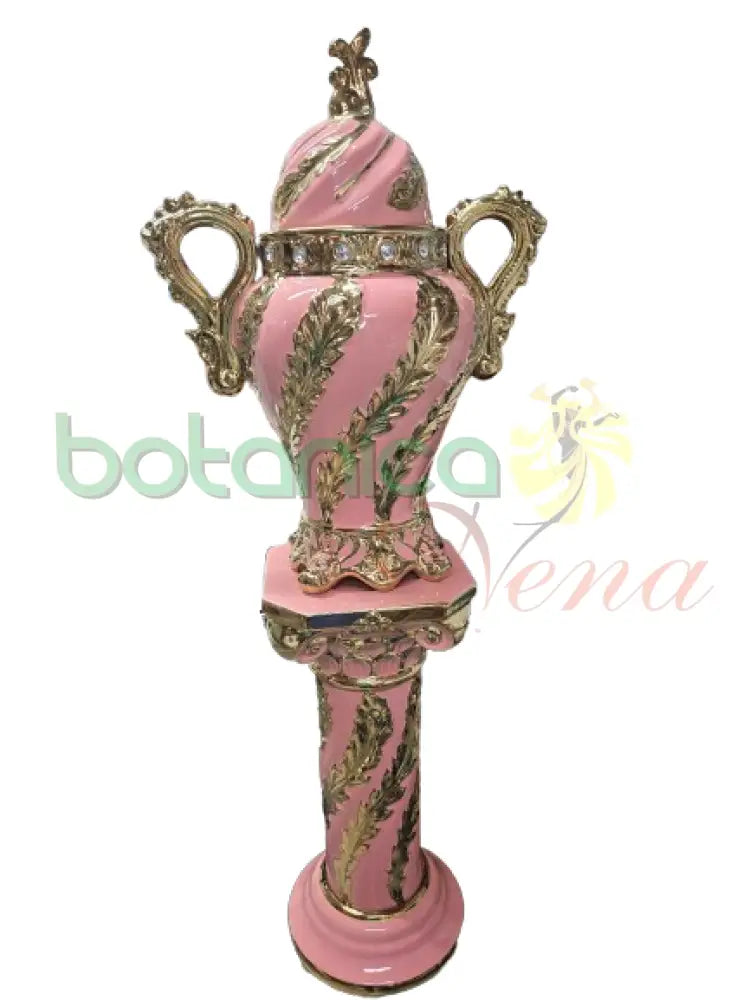
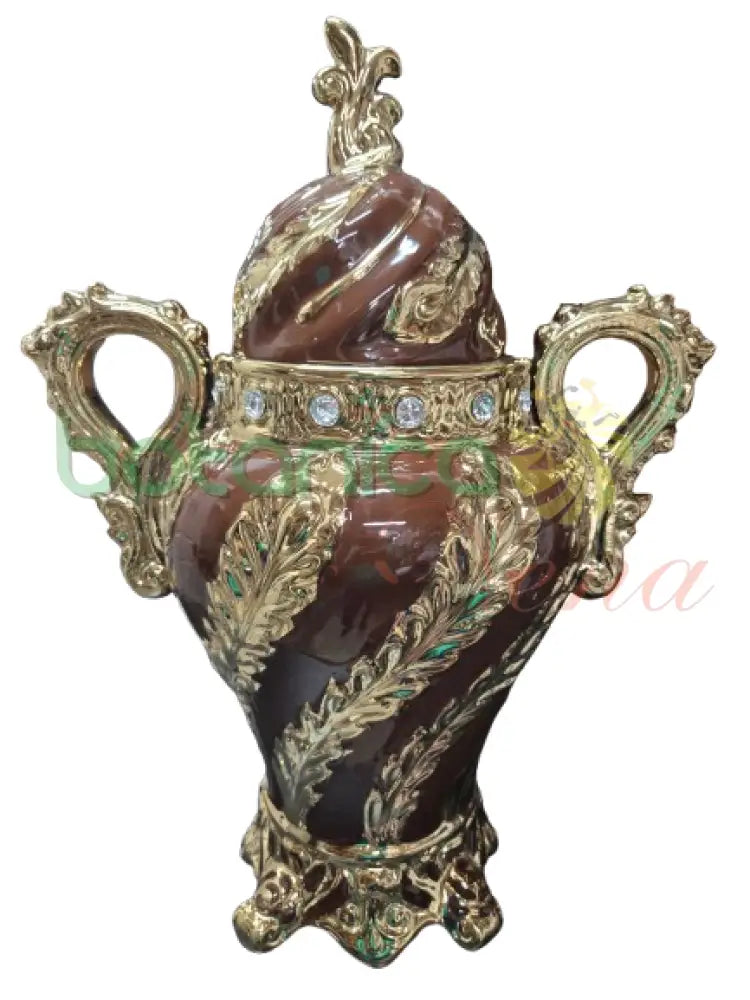
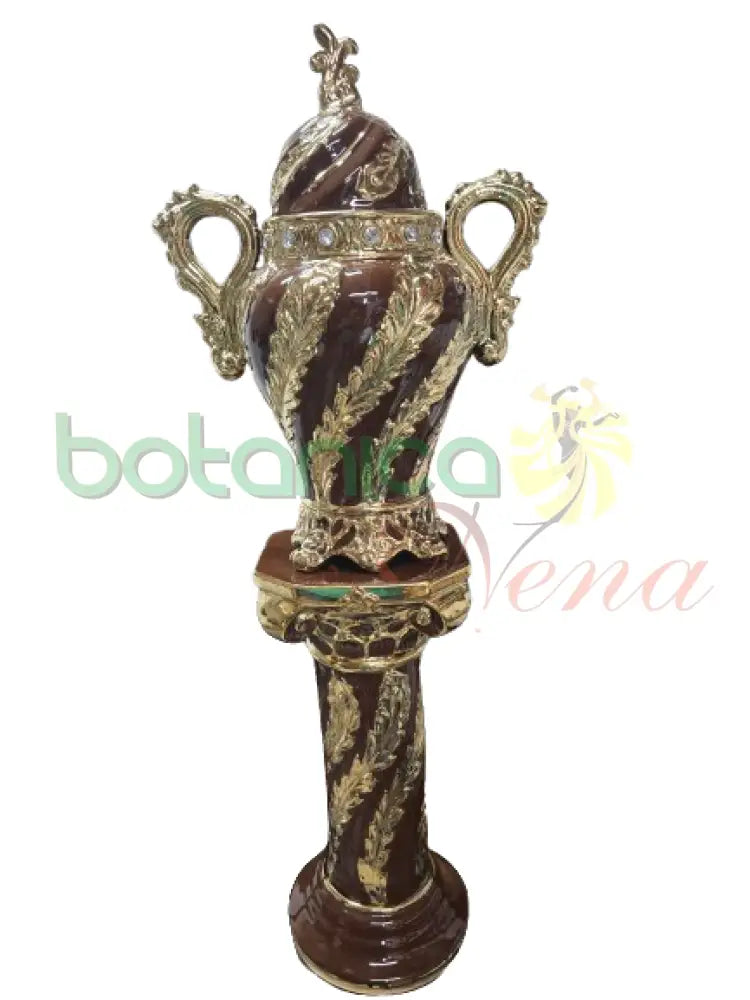
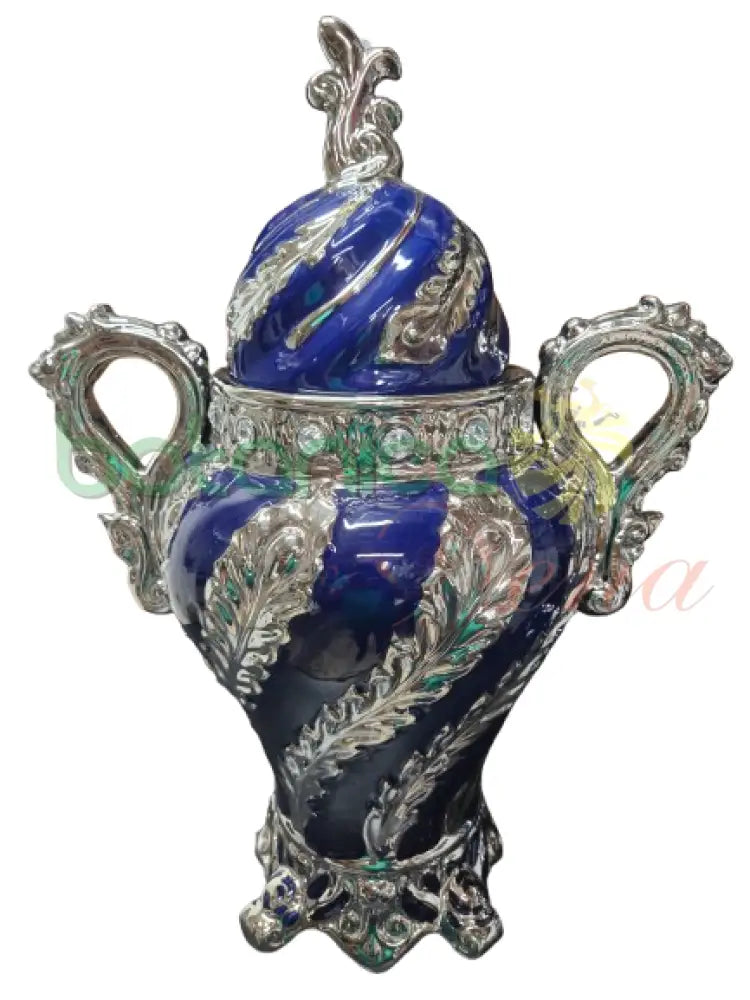
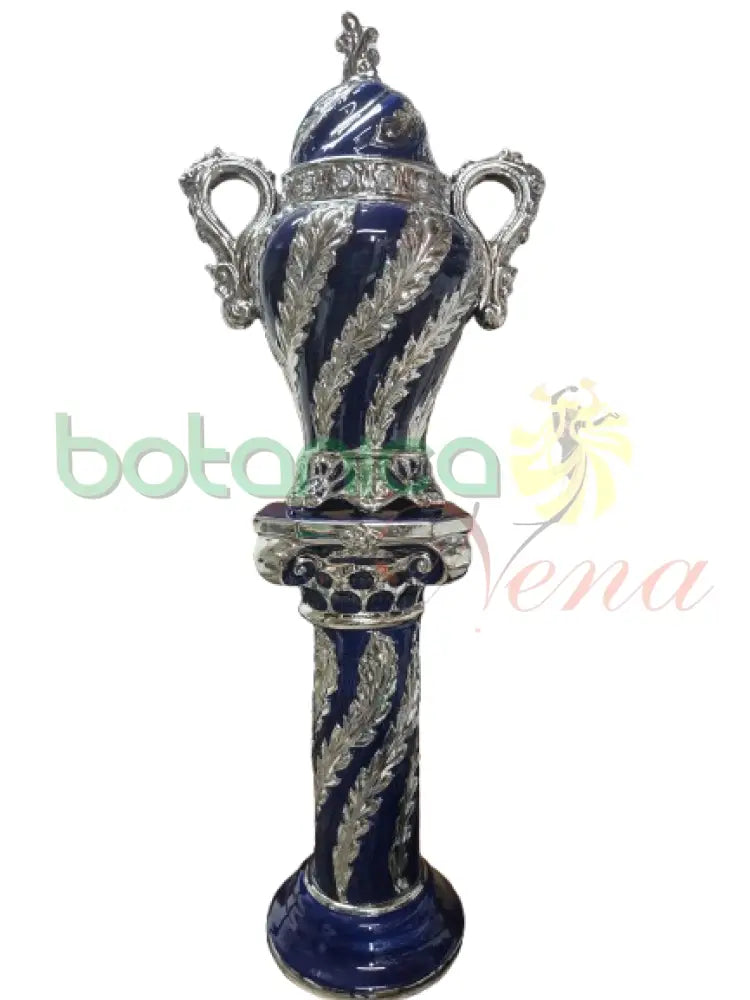

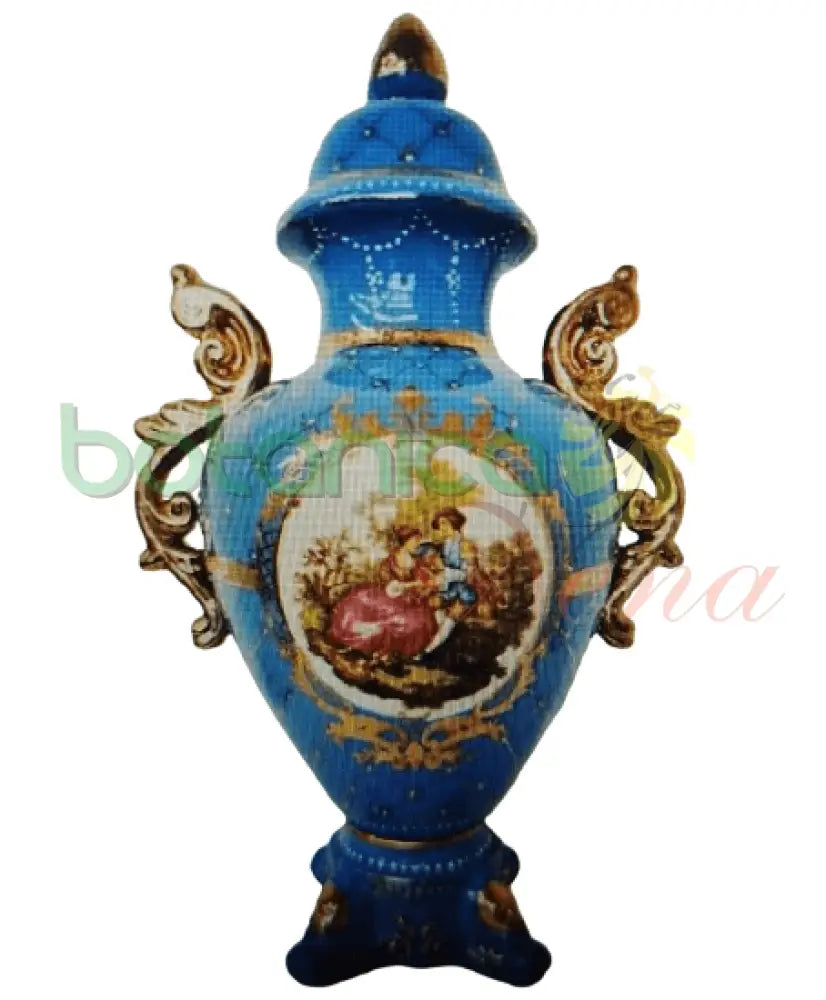
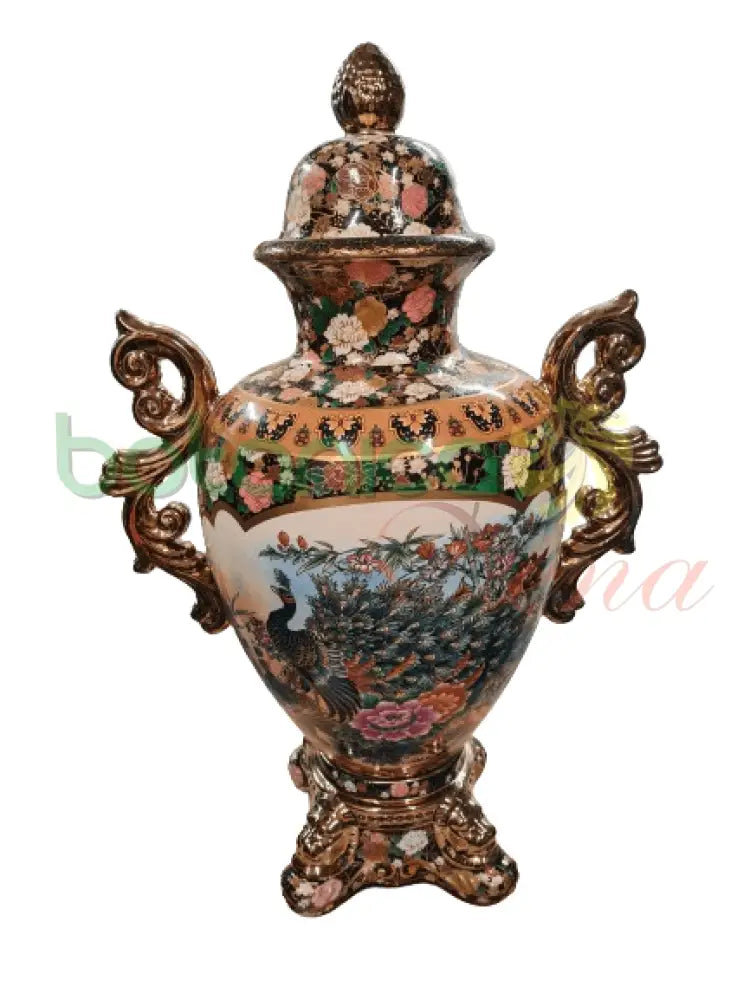
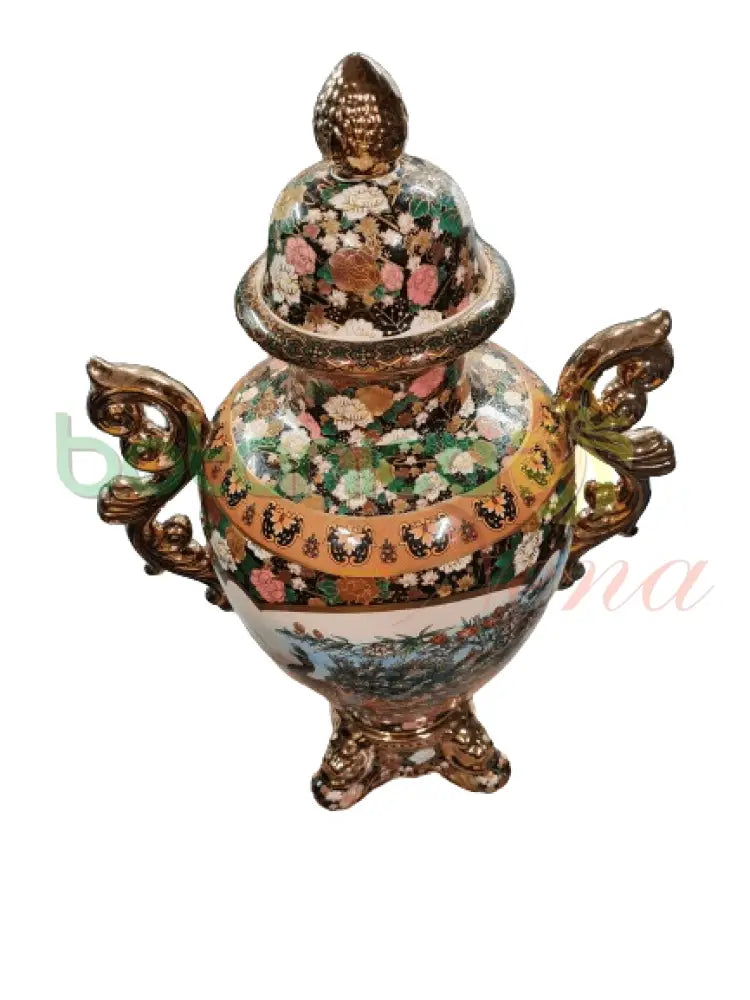

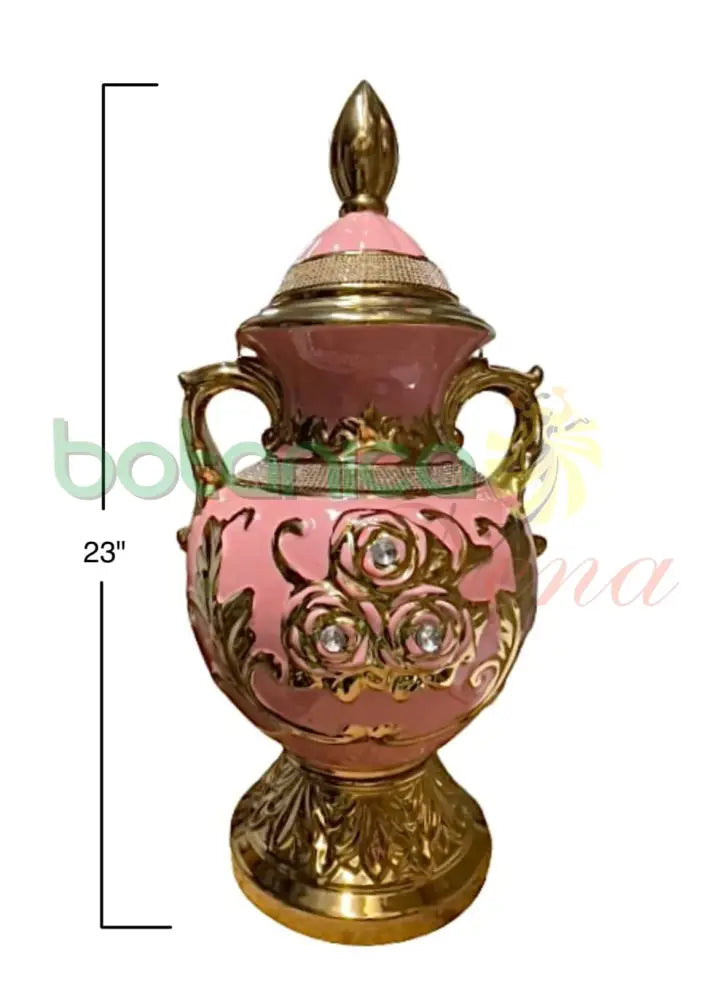
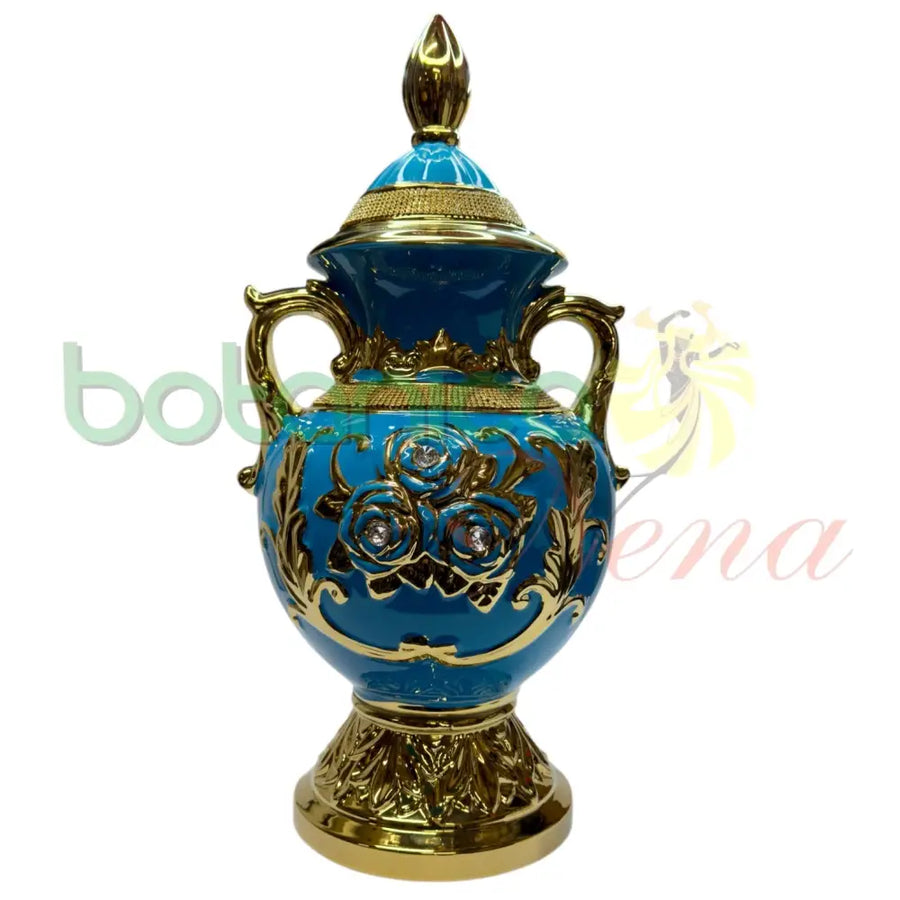
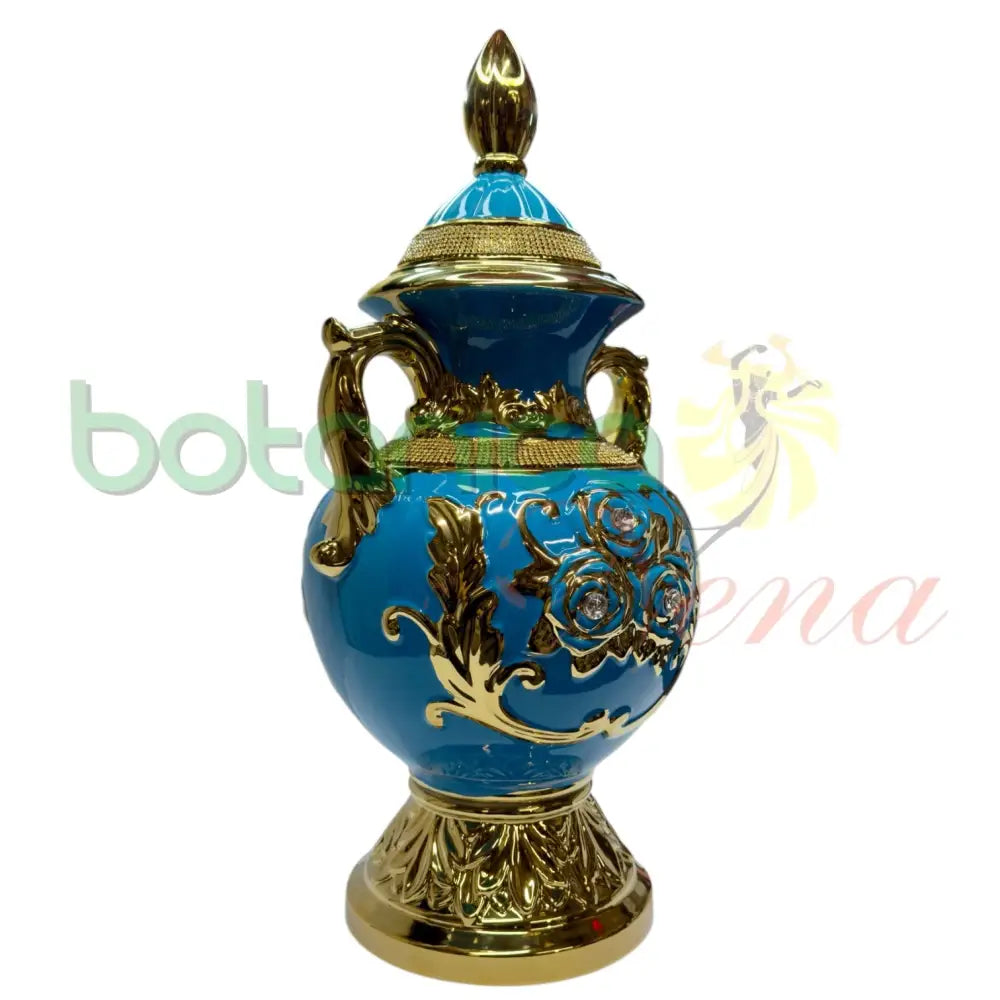
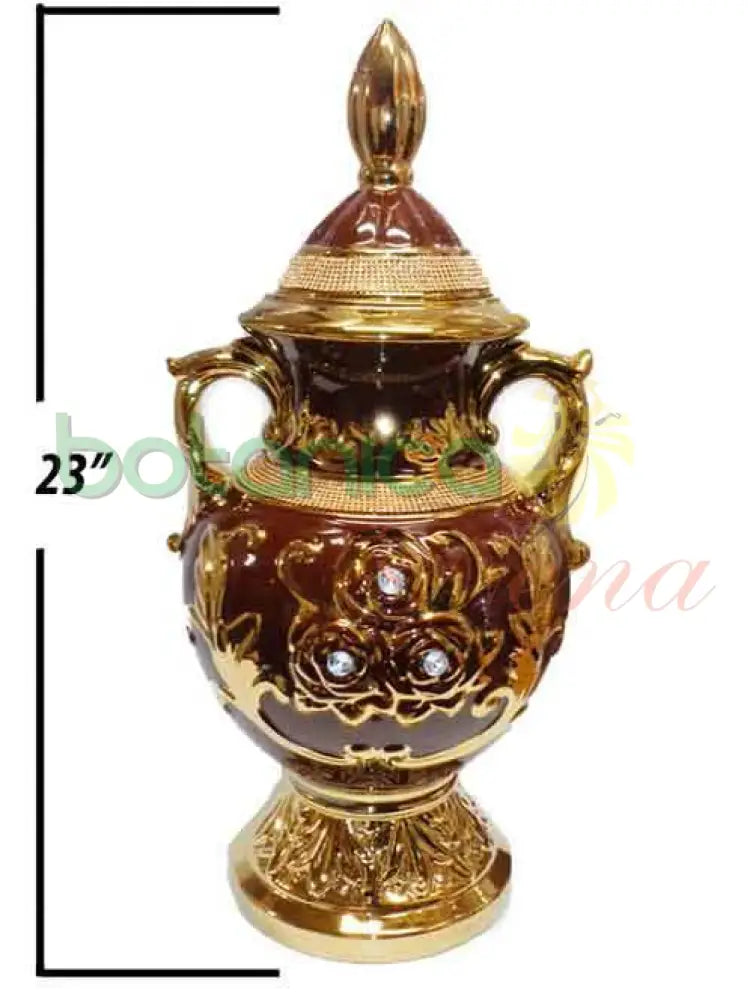
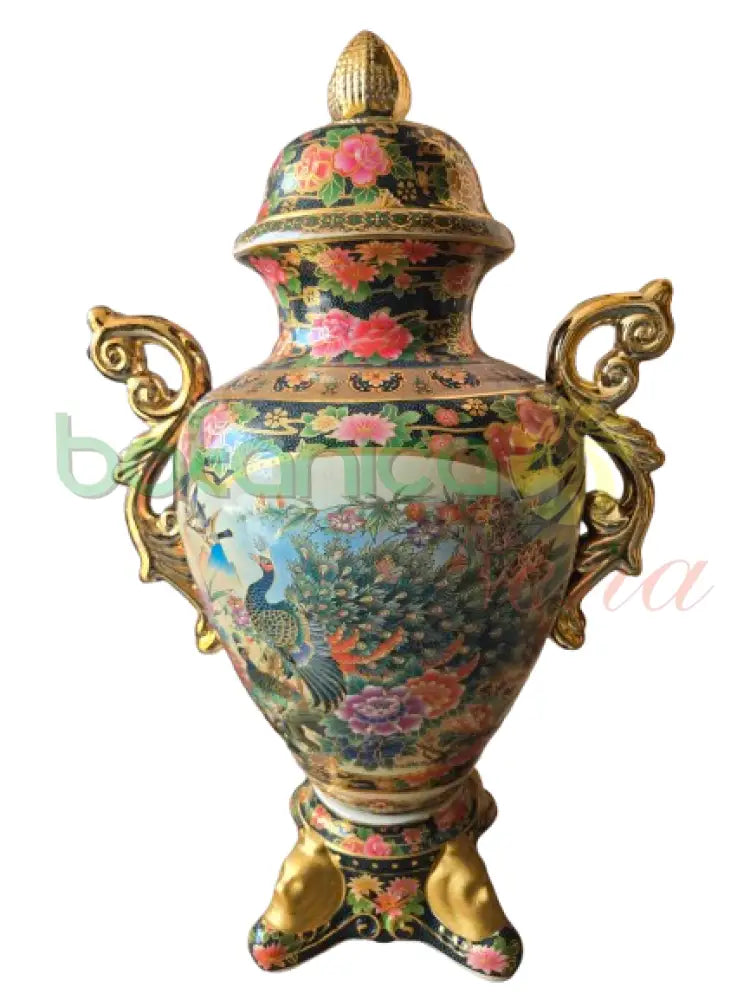
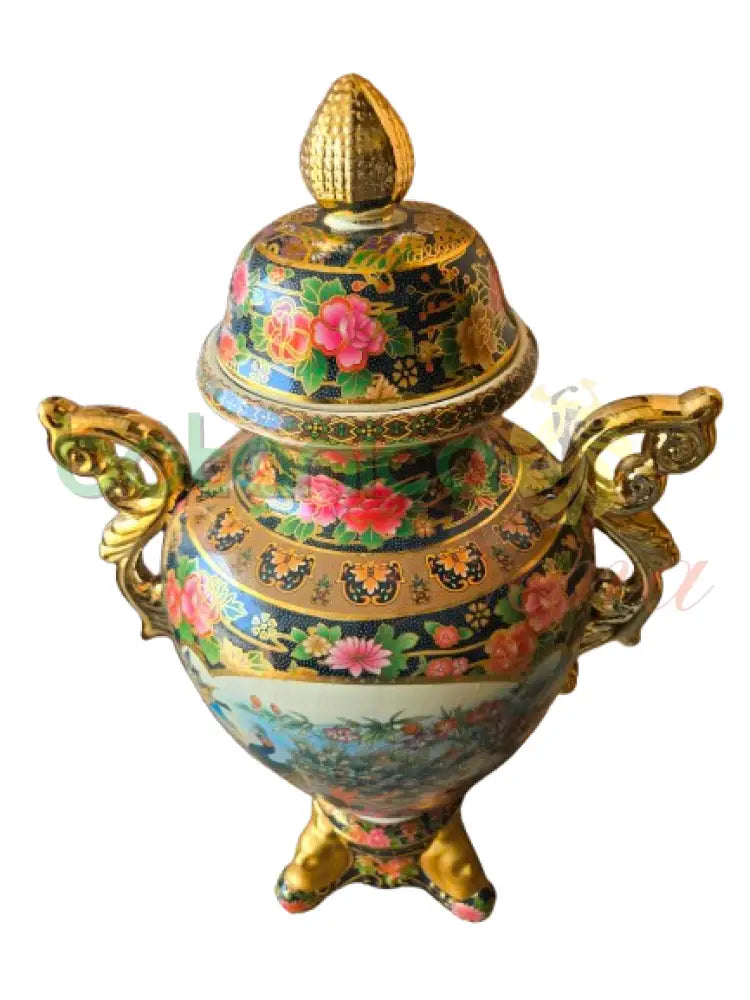
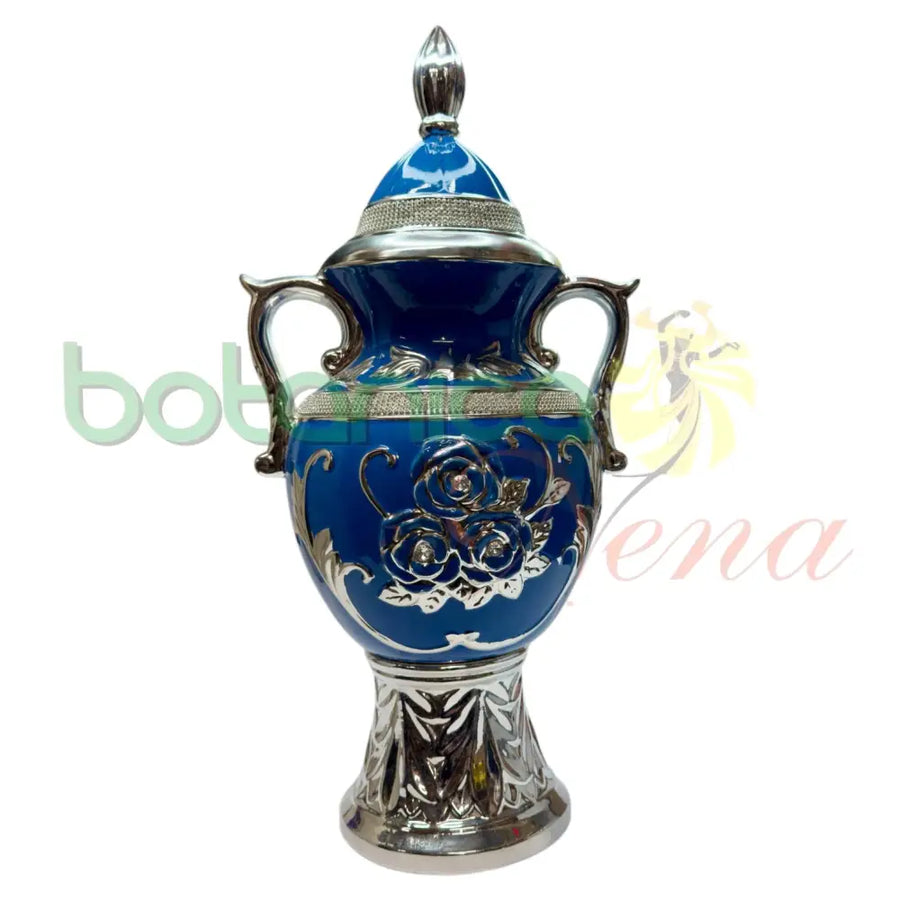
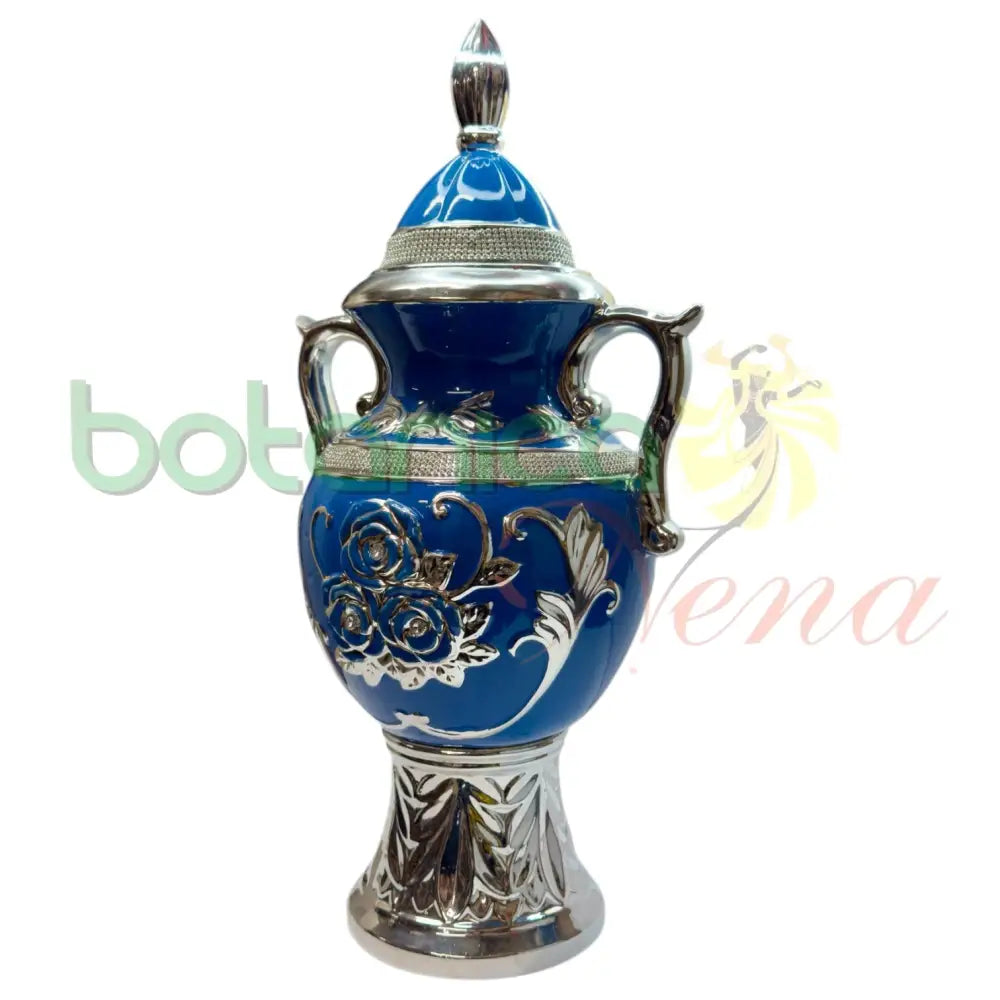

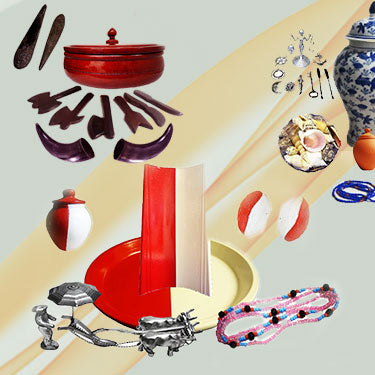
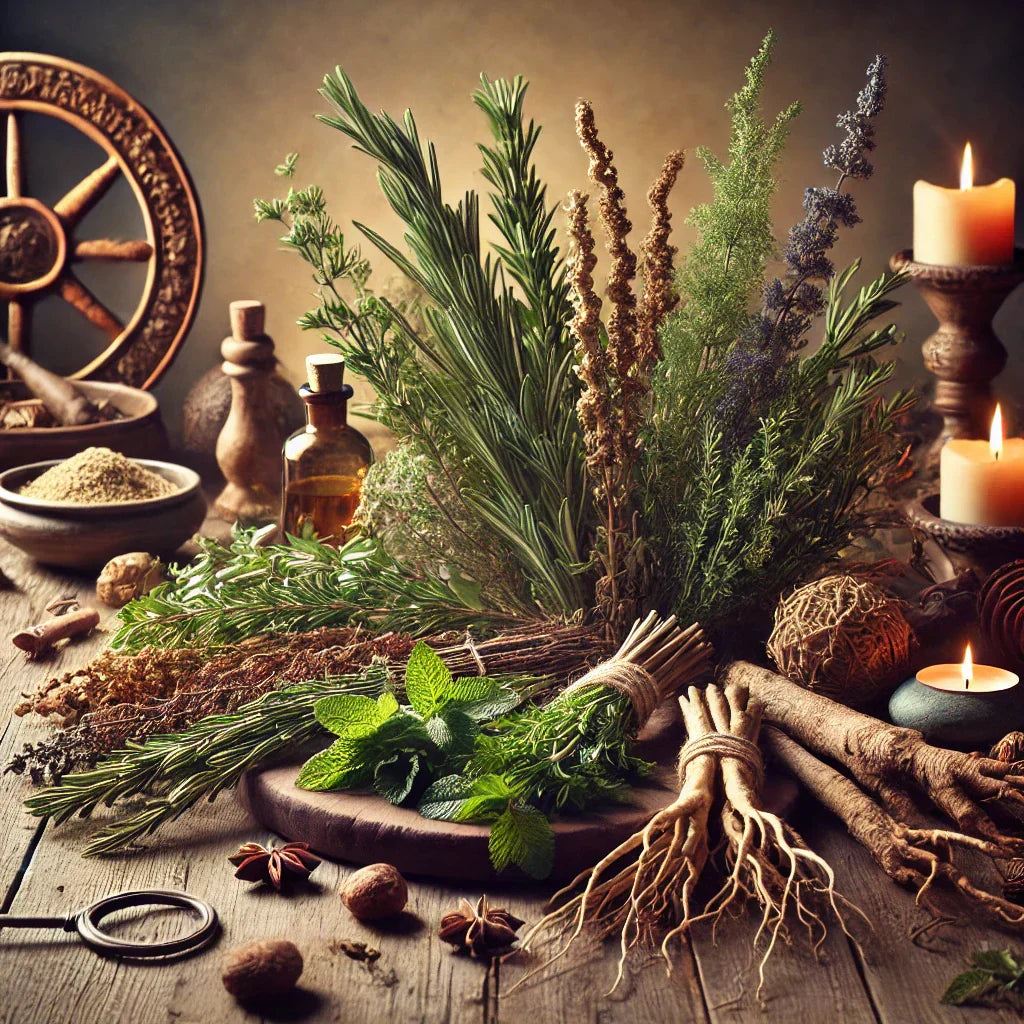
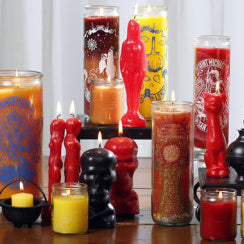
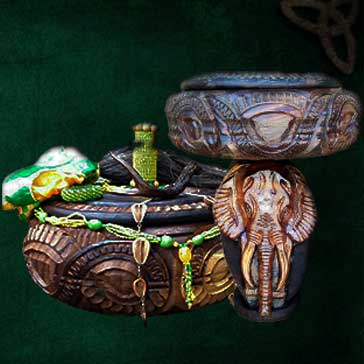

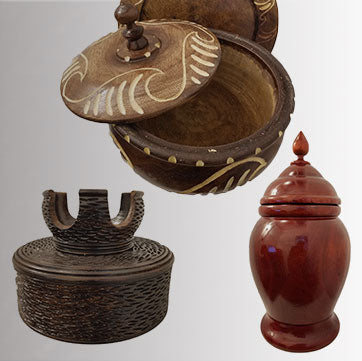
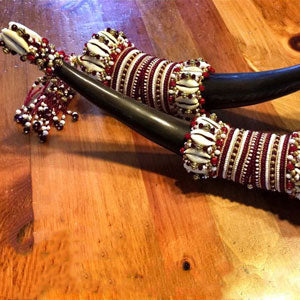
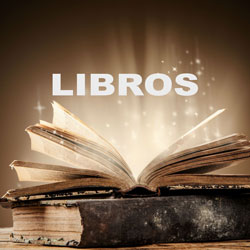

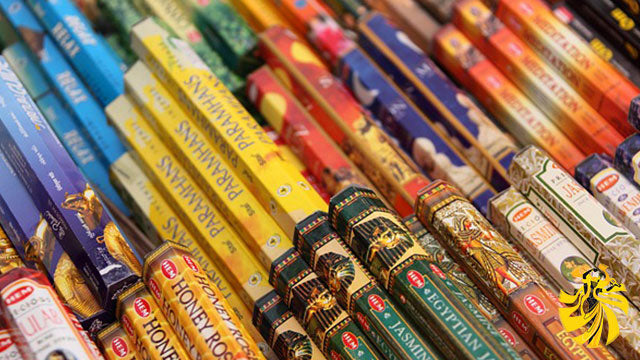
Dejar un comentario